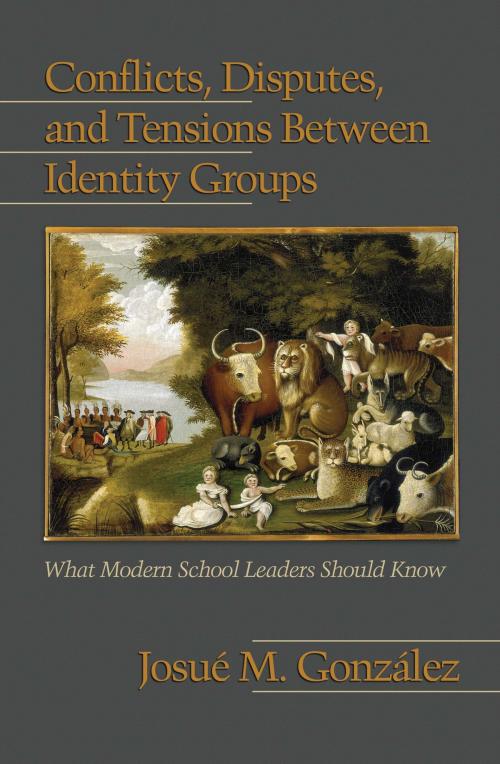Conflicts, Disputes, and Tensions Between Identity Groups
What Modern School Leaders Should Know
Nonfiction, Reference & Language, Education & Teaching, Higher Education, Social & Cultural Studies, Social Science| Author: | Josué M. González | ISBN: | 9781617352478 |
| Publisher: | Information Age Publishing | Publication: | November 1, 2009 |
| Imprint: | Information Age Publishing | Language: | English |
| Author: | Josué M. González |
| ISBN: | 9781617352478 |
| Publisher: | Information Age Publishing |
| Publication: | November 1, 2009 |
| Imprint: | Information Age Publishing |
| Language: | English |
This book is intended for use in professional courses of study and workshops in fields such as education administration, public administration, sports administration, law enforcement, allied health and social work, human resource management, and other fields in which groups from diverse backgrounds participate as employees, students, or clients. The book is an introduction to a vast and complex subject. Among the possible objectives that can be pursued with the aid of this book are the following: • To understand the nature and causes of intergroup conflict including the useful functions it performs for communities and members of identity groups. • To understand the importance of a historical perspective in the study of intergroup conflict and the danger of adopting ahistorical solutions. • To learn how group membership influences interactions between and among groups under conditions of stress. • To understand the causes and persistence of ethnocentric thought and how individuals can minimize or prevent the demonizing effects that may arise from it. • To become familiar with basic principles of conflict resolution, mediation, and arbitration. • To become aware of how the seemingly harmless and benign beliefs and actions of one group may have negative effects on others who do not belong to the same group. • To explore approaches to dealing with intergroup conflict and the conditions under which these approaches are either useful or inappropriate.
This book is intended for use in professional courses of study and workshops in fields such as education administration, public administration, sports administration, law enforcement, allied health and social work, human resource management, and other fields in which groups from diverse backgrounds participate as employees, students, or clients. The book is an introduction to a vast and complex subject. Among the possible objectives that can be pursued with the aid of this book are the following: • To understand the nature and causes of intergroup conflict including the useful functions it performs for communities and members of identity groups. • To understand the importance of a historical perspective in the study of intergroup conflict and the danger of adopting ahistorical solutions. • To learn how group membership influences interactions between and among groups under conditions of stress. • To understand the causes and persistence of ethnocentric thought and how individuals can minimize or prevent the demonizing effects that may arise from it. • To become familiar with basic principles of conflict resolution, mediation, and arbitration. • To become aware of how the seemingly harmless and benign beliefs and actions of one group may have negative effects on others who do not belong to the same group. • To explore approaches to dealing with intergroup conflict and the conditions under which these approaches are either useful or inappropriate.















